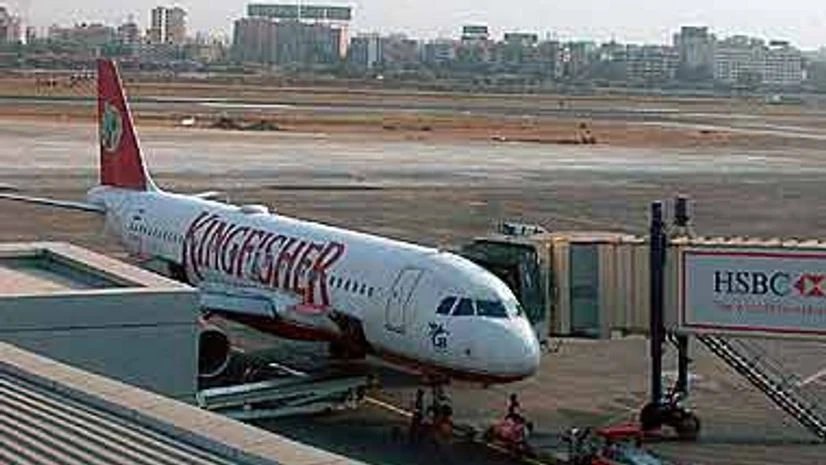Last Monday was a late morning. I was knocked over by the barrage of texts and whatsapp messages on my phone as I stumbled out of bed at 7.30 a.m.
No, it was not my birthday. Not a big festival, either.
I ignored the almost Pavlovian instinct to open the messages and crawled out, motivated solely by the thought of my first cup of brew.
I got to the newspaper a little later and discovered the reason for my literally overnight popularity. The business papers hinted that the SFIO (Serious Fraud Investigation Office) was going after a global consultancy for its brand valuation that had helped securitise the Kingfisher Airline debts. They were as culpable, the stories said, as the wilful defaulter on the run.
Good heavens. I've spent a decade-and-a-half explaining why brands are core business assets. Now there are 30 people on my phone almost suggesting that that the witchcraft of brand valuation was the primary reason why the loan went bad. Experts were horrified that a brand could be even accepted by financial institutions as collateral.
Is this a classic case of throwing the baby out with the bath water?
The 9000-crore question is whether this was a valid debt securitisation? Yes and no. And the larger question of whether brands can be offered as collateral has been addressed almost three decades ago. Walt Disney opened a $725 million line of credit in Japan with his Disney trademark way back in 1988. Calvin Klein raised $58 million against the CK label in 1993. Guess pledged its trademarks for $75 million in 2002. In fact, even McDowells had borrowed about Rs 600 crore earlier against Bagpiper and some White and McKay labels.
Unlike a property mortgage, brands are more complex contenders for collateral. An annual impairment testing is an essential safety measure for a brand or trademark. But a healthy brand is both valuable collateral as well as a strong deterrent to default. Let's look at it another way. If Kingfisher beer was under default and the option was between all balance sheet assets, or the brand, which one do you think the owner would prefer to let go of?
So what is the difference? The most important issue is that it wasn't the Kingfisher brand that was pledged. It was the Kingfisher Airlines brand along with some associated trademarks. The airlines brand has very little value by itself. According to published reports, an independent valuation by the lenders threw up a number of Rs 160 crore. The article suggested that the final valuation that everyone signed off on was about Rs 4,000 crore. This for a business, which was struggling to forecast any profit in the foreseeable future.
More importantly, the airline brand is of no use if there is no business. The real value of the Kingfisher brand lies in the beer business. If the lender had no lien over that business, he was really holding on to a worthless piece of paper. I'm betting that everyone involved knew this. Because we find that the beer brand has been tightly ring-fenced, allowing absolutely no legal claims over it.
Look, it's a bit like lending money against the Surf Ultra brand without claim over the Surf trademark. In case of default the lender has claim over the value of the word Ultra. Fat good that is. Was this professional manslaughter or premeditated murder? I can't say from this distance with certainty. But on the other hand it's equally difficult to believe that top banking professionals and management consultants did not know the difference.
Ramesh Jude Thomas
President & chief knowledge officer, EQUITOR Value Advisory
President & chief knowledge officer, EQUITOR Value Advisory

)
